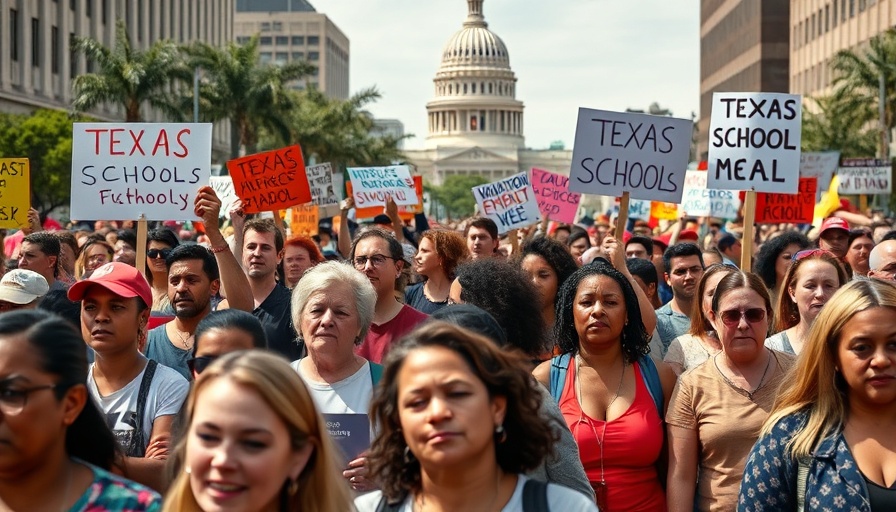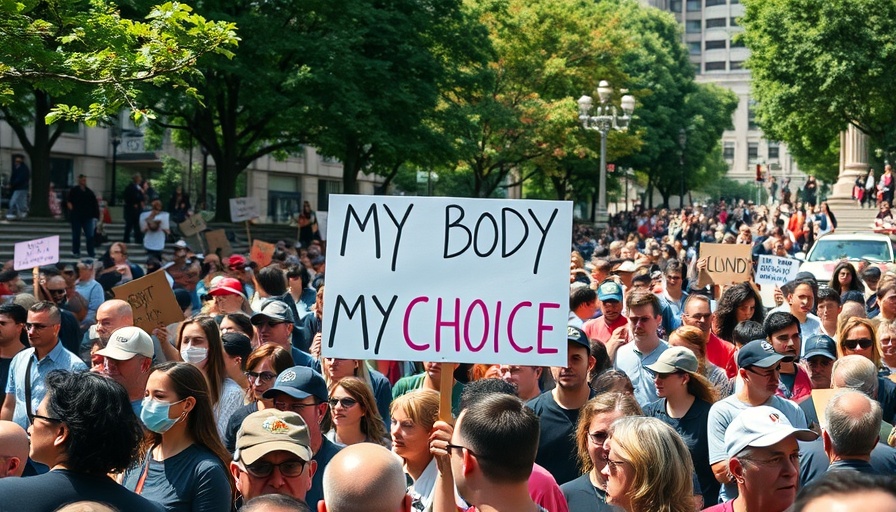
Understanding the Controversy Surrounding School Vouchers in Texas
The recent House Hearing on House Bill 3 has ignited passionate discussions across Texas, as both sides present compelling arguments regarding the proposed universal school voucher program. The proposal would allocate funds to allow families greater choice in educational settings, aiming to support low-income students and those with disabilities. Yet, despite these intentions, critics argue that the practical outcomes may not benefit those who need it most.
What House Bill 3 Entails
House Bill 3 suggests providing roughly $10,000 for private school students and $2,000 for home-schooled students. This financial assistance represents a significant portion of the funding tied to public schools. Proponents believe that this measure will help level the playing field, particularly for underprivileged families looking for better educational opportunities.
However, as Representative Harold Dutton highlighted, the reality of private school tuition poses a challenge. With private school tuition averaging around $27,000 in Houston, the voucher still falls well short of making such institutions accessible for lower-income families. While the bill emphasizes equity, Dutton argues it merely creates a "mirage" of educational access without tangible results.
The Bipartisan Pushback
Interestingly, the opposition is not strictly partisan. Figures like Representative James Talarico and other Democrats have voiced concerns that the voucher program's operations may ultimately favor wealthier families, who are already sending their children to private schools. These representatives, along with various education advocates, argue for a stricter prioritization system that would ensure current public school students have a better shot at receiving funds compared to those already enrolled in private schools.
Talarico asserts, "There is a disconnect between the rhetoric and what the bill actually says," emphasizing that without stricter limitations on income eligibility and a potential cap on the size of the vouchers, many intended beneficiaries may remain excluded.
Voices from the Private Education Sector
Representatives from the Texas Private Schools Association have reiterated the importance of private education, advocating for the potential of financial aid to ease costs for families. They argue that the current discourse fails to capture the full picture of how private schools, through scholarships and aid packages, can bridge the gap for lower-income households. However, opponents counter that such measures may not provide enough support to offset prohibitive tuition fees.
What’s Next for House Bill 3?
The committee hearing, lasting over 23 hours, concluded without an immediate vote. This outcome reflects the deep divisions and the complexity surrounding school choice initiatives. With more than 300 individuals registered to speak, there is a clear sign of significant public interest and concern regarding the future of education funding in Texas.
As discussions continue, it remains to be seen whether lawmakers will heed the concerns raised by their peers and constituents or if the bill will proceed unchanged. Education advocates and parents alike are now left watching closely, hoping that whatever measures emerge will genuinely empower rather than hinder access to quality education for Texas children.
 Add Row
Add Row  Add
Add 




 Add Row
Add Row  Add
Add 

Write A Comment